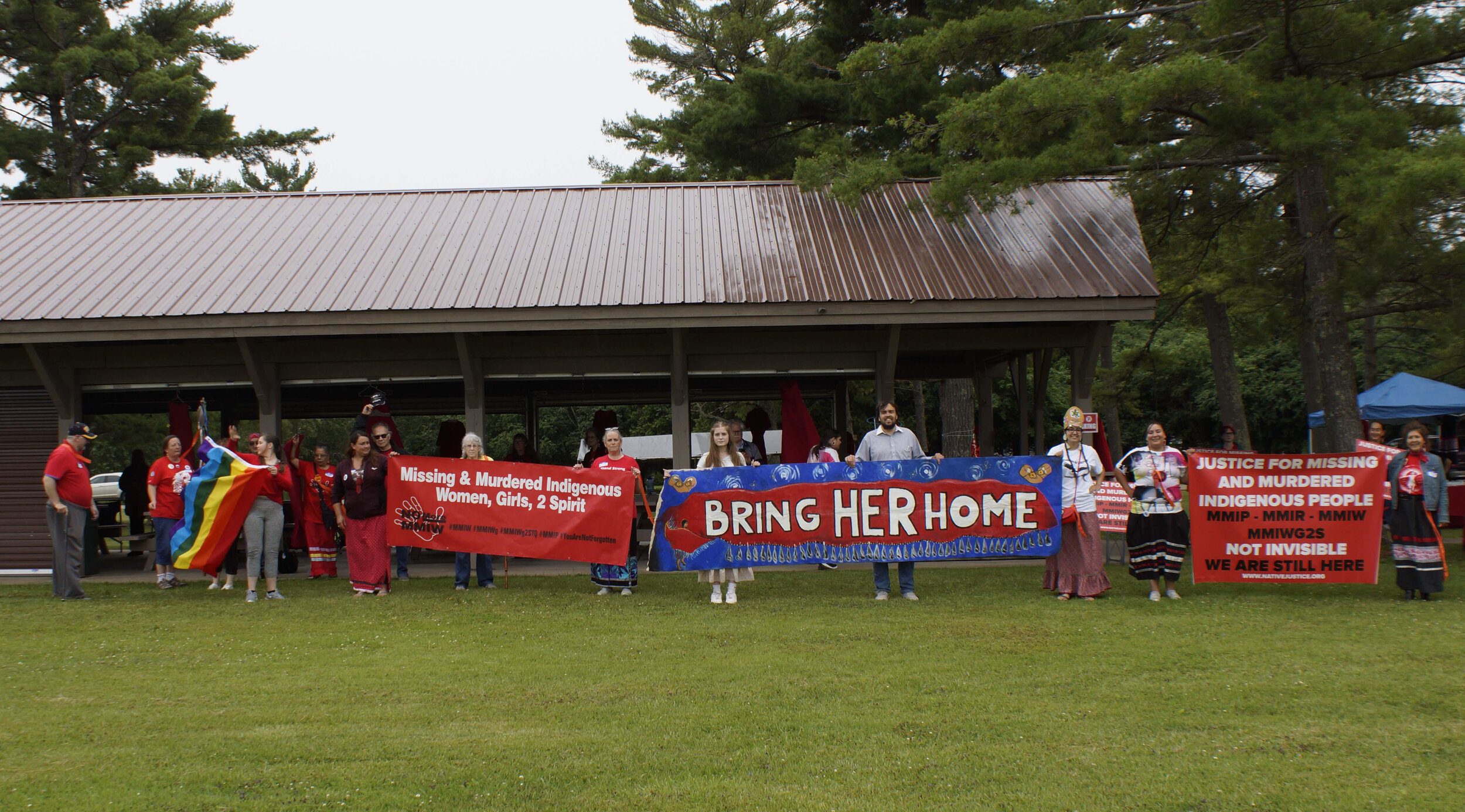
Mission
A platform for healing, social, and racial justice for all Native American people.
Vision
The Native Justice Coalition is dedicated to advancing justice, supporting healing, and advocating for our broader community through collaboration, partnership, and sustained progressive systems change.
Values
- Community Circle – Use intergenerational, decolonial, and traditional approaches.
- Diversity – We are committed to and value the diversity of lived experiences among our community members.
- Integrity – Carry out our work with full responsibility and accountability.
- Empowerment – We are dedicated to reclaiming our communities’ achieving self-determination, sovereignty, and community restoration.
- Community Resource – Serve as a resource among our Native communities, coalition members, and the broader regional community through inter-tribal and intercultural community building.
- Leadership Development – Support Native American, First Nations, and Métis leadership from our youth to our elders to empower change.
- Inclusive Healing – Offer empathy, compassion, respect, and healing in all aspects of our work while providing various, alternative models and paths of support.